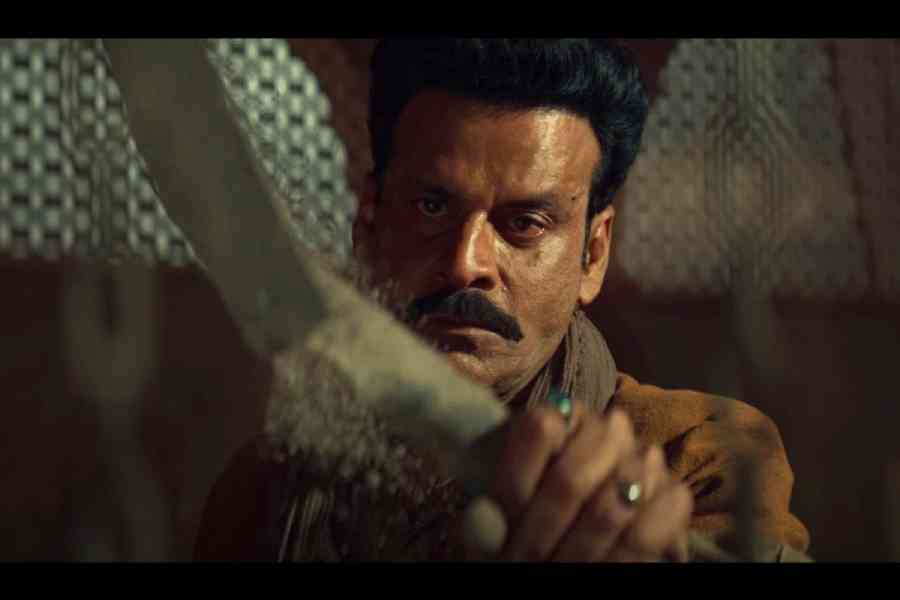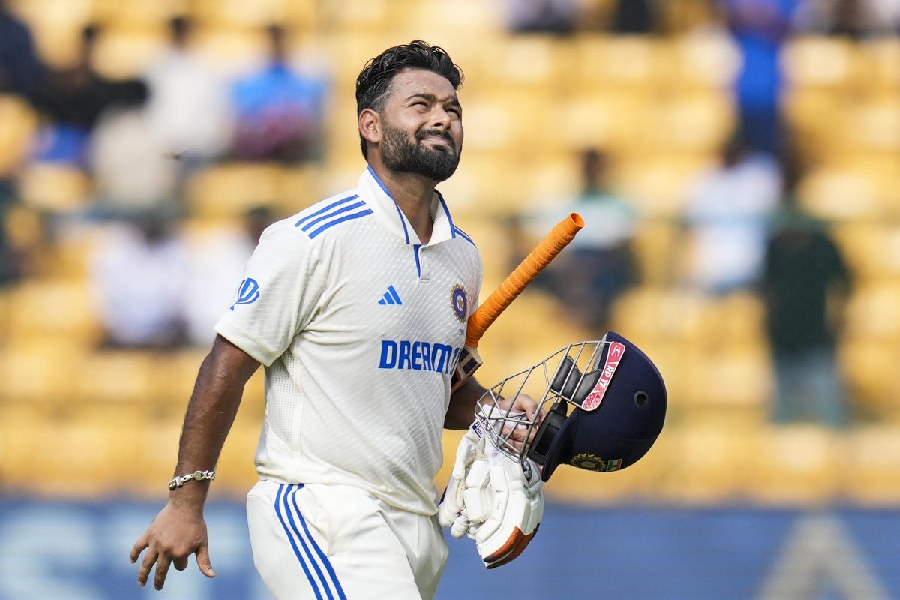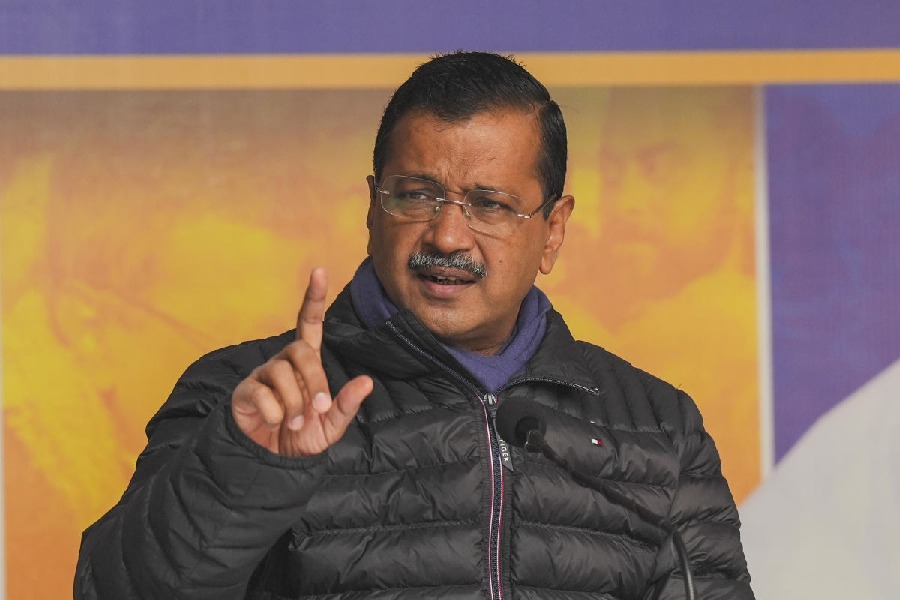Since the last decade and a half, Manoj Bajpayee has aced roles that have raised his bar consistently so that he has transitioned from being a fine character actor to a star in his own right. For his 100th film, the actor who has proven his capability of carrying a film successfully on his shoulders, has starred in Bhaiyya Ji, a film that ostensibly attempts to celebrate his massive success in Bollywood, though belonging to the Hindi heartland.
Its story based in the hinterland of Bihar and in the corrupt circles of power in Delhi, this film, billed as a mass ‘masala’ entertainer and an action film, pays tribute to the old Bollywood style of storytelling, and leaves no stone unturned in churning out a full-on paisa vasool theatre experience for its viewers. With a sprinkling of romance, tragedy, emotion, melodrama, violence, bloodshed, item number and more, this desi action flick does hit different from the fare that is offered a dime a dozen in today’s era of digital entertainment.
The story of the film is straightforward and all too familiar. Vedant, a college student from Bihar, is brutally murdered in Delhi by the spoilt, grown-up son of a rich, powerful man. It is covered up as an accident but when his older stepbrother Ramcharan aka Bhaiyya Ji (Manoj Bajpayee) learns of the truth, he vows revenge. His Chhoti Maa (stepmother), convinced that Vedant’s soul will not rest in peace until his death is avenged, also urges him to settle scores with the perpetrators.
But what begins as a simple story of revenge, acquires the proportions of a full-scale gang war between mafia groups in Delhi and Bihar. Law and order conveniently takes a backseat as two equally powerful but lawless armies engage in open confrontations in the capital city, mainly in broad daylight and on crowded, public thoroughfares. At the risk of courting controversy, Bhaiyya Ji tries to pass this off as a consequence of the administration deliberately turning a blind eye to gang wars, particularly in election season, by inserting a scene where we see for ourselves the utter corruption in political circles.
Manoj Bajpayee as Bhaiyya Ji, as usual, delivers a solid performance. A man with a violent past who has given up arms as a pledge to his dead father, he is painted as the archetypal action hero and seeker of justice. His feelings for his lover Mitali (Zoya Hussain), his family and his extended family of villagers are portrayed with depth and substance. His muted expressions of denial, disbelief and the overpowering emotions of grief and devastation that he felt on learning about Vedant’s death were heart-breaking. His transition from being a grieving brother to a person out to exact bloody revenge was awe-inspiring. So was his performance in the action scenes, where his style and image are a cross between Keanu Reeves’s John Wick and Prabhas’s Baahubali.
While most of the action sequences are spectacular, rely on willing suspension of disbelief, and are probably designed to elicit cheers and whistles, they are at times too long drawn and repetitive to hold the viewer’s attention or interest. The salwar kameez-clad Mitali (who we are told in the beginning is a shooting champion), adds some much-needed novelty to the fight scenes, helping her beau Bhaiyya Ji gun down opponents. What ultimately fails to lift the movie is its script, which, in spite of its theme of revenge and justice, high-voltage action and hyperbolic dialogues in shudh desi Hindi, cannot prevent its done-to-death narrative from running out of steam and oscillating towards melodrama at its crucial moments.










